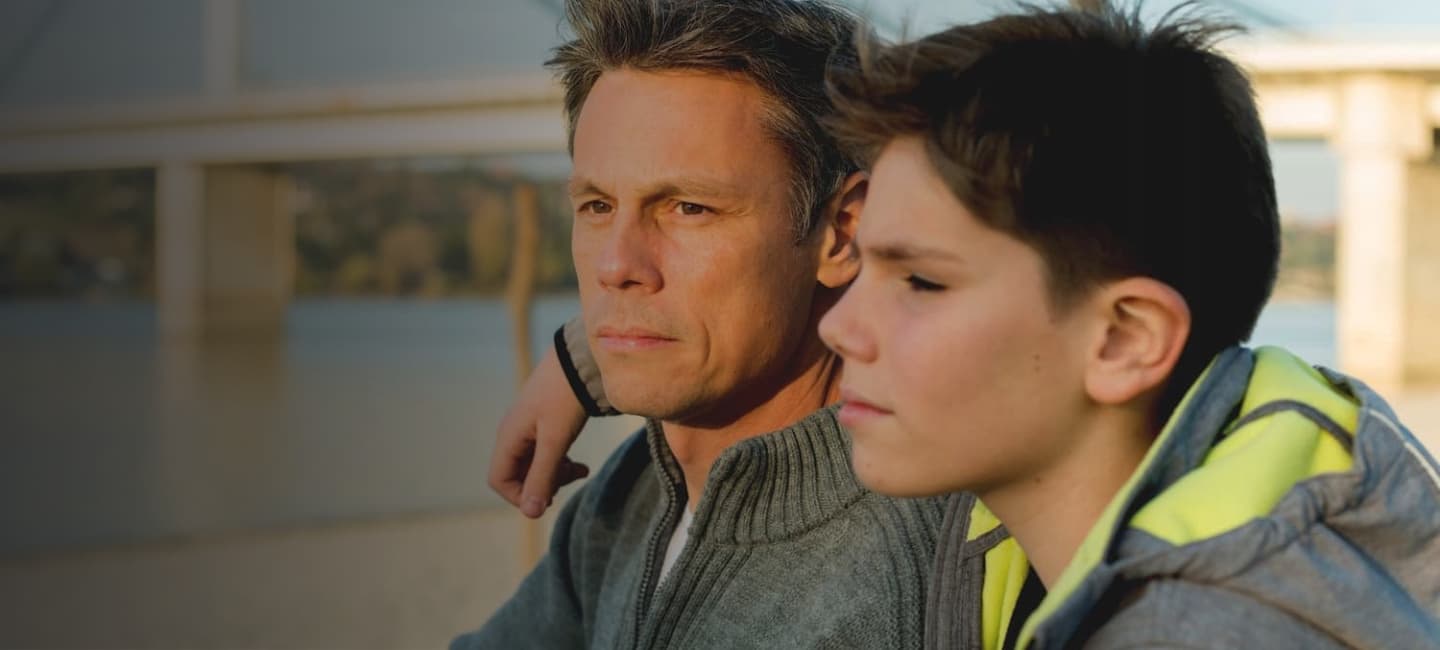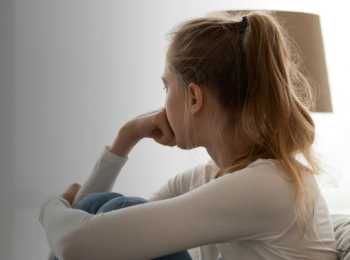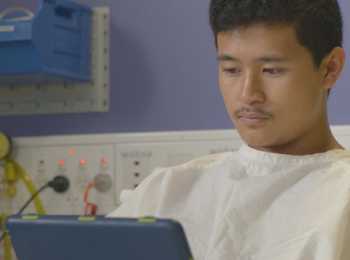During cancer treatment, you might not have had the time or energy to think about much more than surviving. But when your treatment finally ends, what do you do now?
No matter how much you have been looking forward to returning to life after cancer treatment, it can still be weird, difficult and scary to leave the support of your healthcare team.
As you end active treatment, you enter a phase known as ‘survivorship’.
The transition into survivorship can be both exciting and confusing. Figuring out what to do after cancer treatment is one of the hardest things for a cancer survivor. It’s important that you give yourself time to adjust. Connecting with other young people in similar situations can be a big help – check out Canteen Connect.
However, your ‘new normal’ feels, remember, it is totally ‘normal’. Cancer is a life-changing experience, but it never has to be your whole story. Ezra, 21
You may be affected by long-term impacts of cancer including:
- health impacts, such as infertility
- low self-esteem about the physical reminders of cancer treatment, such as scars
- health anxiety, including being immunocompromised and that the cancer may come back
- feeling that you need to catch up to your friends in terms of your education, career and romantic relationships
- pressure to feel grateful that ‘you beat cancer’ while feeling that you have missed out on so much.
Redefining your life plans
You and your family and friends have faced a serious or life-threatening illness and overcome massive challenges.
When treatment ends, it might be a good time to redefine life rather than reconstruct it. Take some time to ease yourself back in and reflect on whether you want things to look the same as they did before.
Before you had cancer, you may have been working out what you wanted to do with your life and making plans for the future. During treatment, it might have felt like your life was put on hold. You may have missed a lot of school time or lost momentum in your study, training or career.
Now that treatment has ended, you may find that you focus on achieving some of your plans and goals, but others may need a rethink.
- Cancer may have left you with changes to your body, energy levels or emotional state that will prevent you from pursuing your dream job or fulfilling particular ambitions. This can be disappointing and upsetting and it may take some time to adjust.
- You may have changed your mind about the job or career you want. Sometimes survivors find that their cancer experience inspires them to pursue careers in the health profession or in organisations helping other people who are going through tough times.
- It is also possible that you have no clear idea what you want to do with your life. This is normal too. This is not an easy time of life for many young people and having cancer may not be the only reason for your uncertainty.
Take some time to look into different options, write down a list of short-term and long-term plans. Talk to your family, friends, spiritual leaders, career advisors or social workers. There is no wrong or right way to deal with survivorship – doing what feels right for you is the most important thing.
This can be a difficult time, but Canteen is here to support you through this transition. Check out canteen.org.au/newnormal.
Having had three different cancers in 18 years, I’ve mentally become stronger and allowed myself time to adjust to the different changes. There will always be struggles related to cancer in my life, but it’s how I handle those that will allow me to live life the best way possible. You realise how much life is worth when you get that second chance after surviving. Lena, 24
What does it all mean?
Cancer is life changing, and some young people want to think more about the impact it has had on their lives. They search for the meaning or greater purpose behind their experience. They want to know and understand why it happened to them and what it means that they have survived.
But everybody is different. You may feel:
- That cancer has given you renewed strength and helped you to appreciate the smaller things in life.
- No need to search for deeper meaning in the experience of having cancer. You would rather just accept it and move on – and that is okay too.
- Angry and frustrated that you had cancer and that it was unfair.
- Nothing!
Your identity
As a young person, you are probably just starting to gain a sense of who you are, how you see yourself and how you want others to see you. All of these things together make up your ‘identity’.
Cancer may affect people’s identities in different ways. After your diagnosis and treatment, you may question or change your identity. This might be because:
- Changes in how you look, feel about yourself and have sex have affected your self-esteem and confidence.
- Your role in the family, group of friends or romantic relationships are different.
- You feel more mature and stronger than before and think different things are important now.
- People may treat you differently even if you feel the same on the inside. Many young people find that ‘cancer’ or ‘being sick’ starts to define their identity.
After cancer, it can take time to figure out a new identity – and you might feel lost and confused for a while.
You may wish that everyone would stop treating you differently. It can help if you spend as much time as possible doing the things you used to do – going to school or work, meeting new people, dating and hanging out with people your own age as much as possible.
Uncertainty and worry
It is common to worry that the cancer might come back. Although this feeling is normal, it can still be hard to cope with.
For some people, the fear is so strong that it might impact your ability to enjoy life and make long-term plans.
It can be exhausting to act as if you are fine all the time. You may have ‘bad’ days when you feel down, sad and alone.
Be kind to yourself and try to accept and work through your feelings rather than ignoring them. Canteen counsellors are here to help – and just listen.
I try to stay positive and not think of relapse. If you keep thinking of it, you’re not going to live your life. Living my life is better than dwelling on the ‘what ifs’ of my health. Amy, 25


















